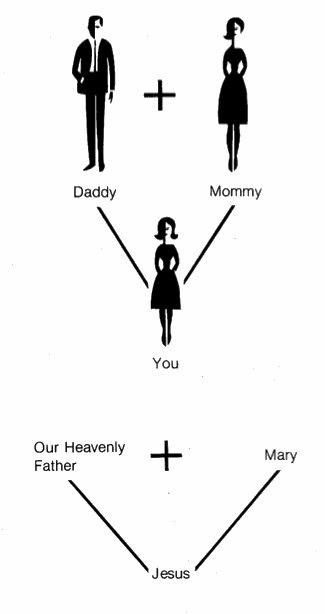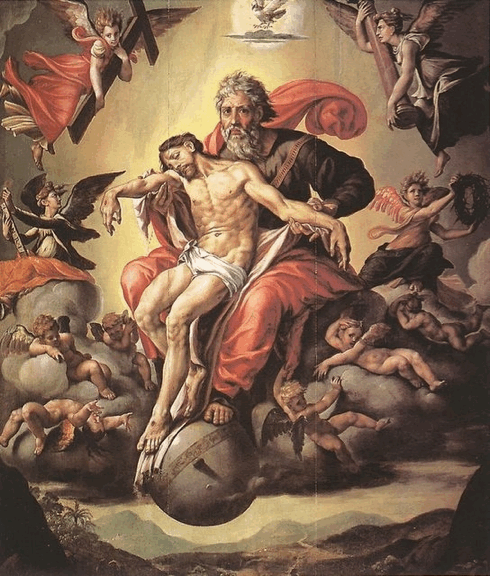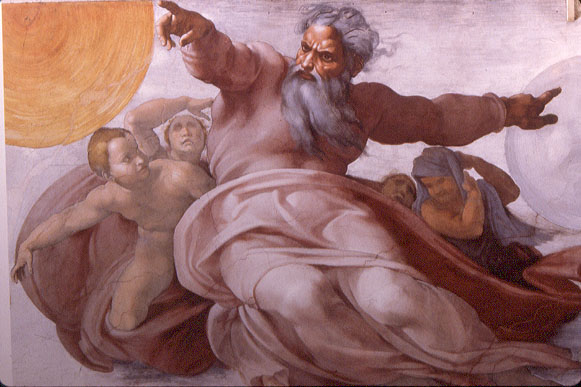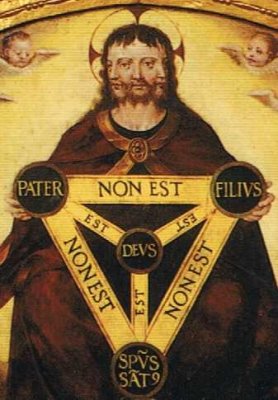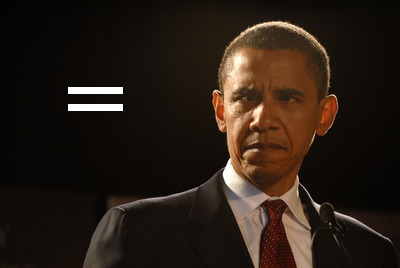Richard of St. Victor 7 – The Same Divine Substance (Scott)
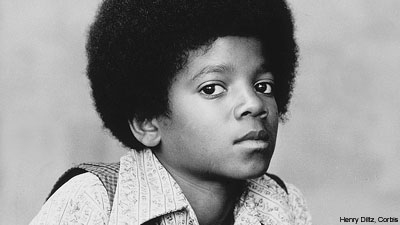
Up to this point in Book 3 Richard has told us several things about love (caritas). We have wondered at his saying there isn’t a perfectly good person if he doesn’t love. We have sorted through some necessary conditions for love such that we wonder whether a perfectly good person p must love another person q if p is to be perfectly good. You might say we’ve been contemplating some divine ethics, or aesthetics, or whatever.
In the previous post I suggested how we might interpret what Richard means by saying (two) divine persons are equal and similar to one another, namely the divine persons have the same disposition of love and the same acts of love (see [T4’] and [T5’]). In the next part of Richard’s argument he returns to his metaphysics of the divine substance which he discussed in Books 1 and 2.Read More »Richard of St. Victor 7 – The Same Divine Substance (Scott)









